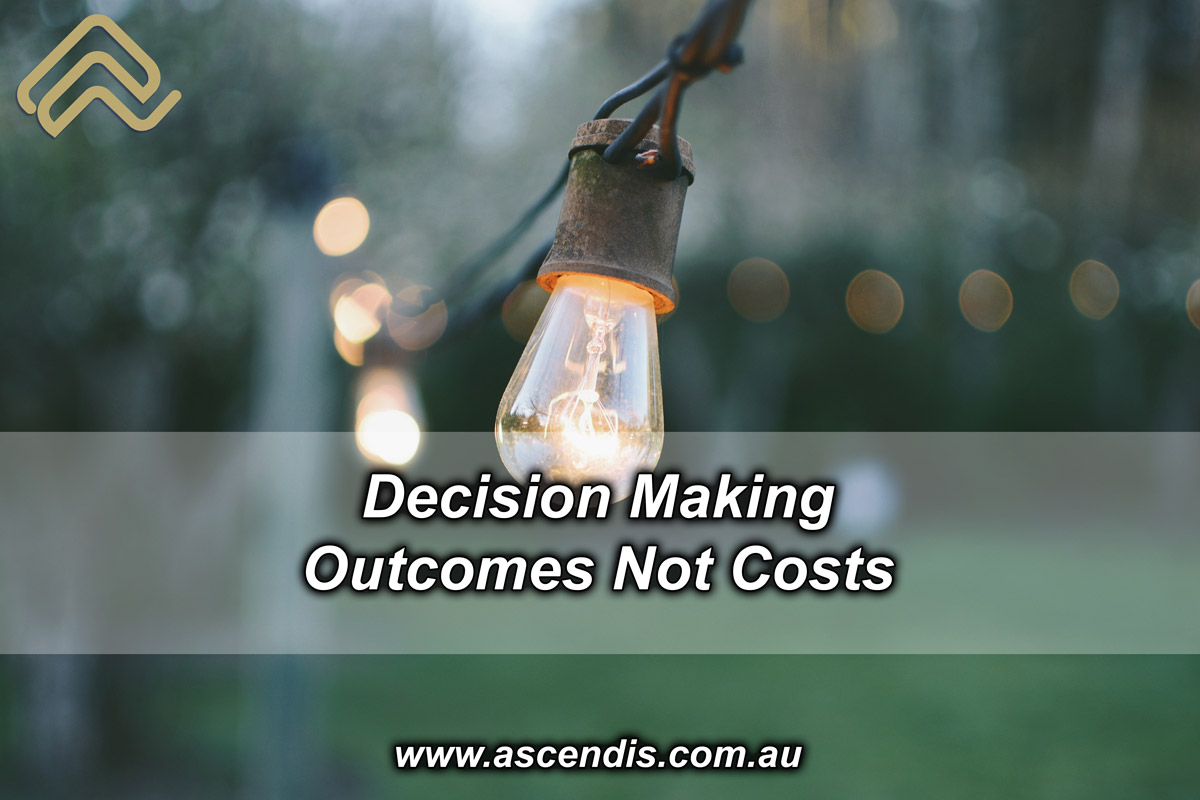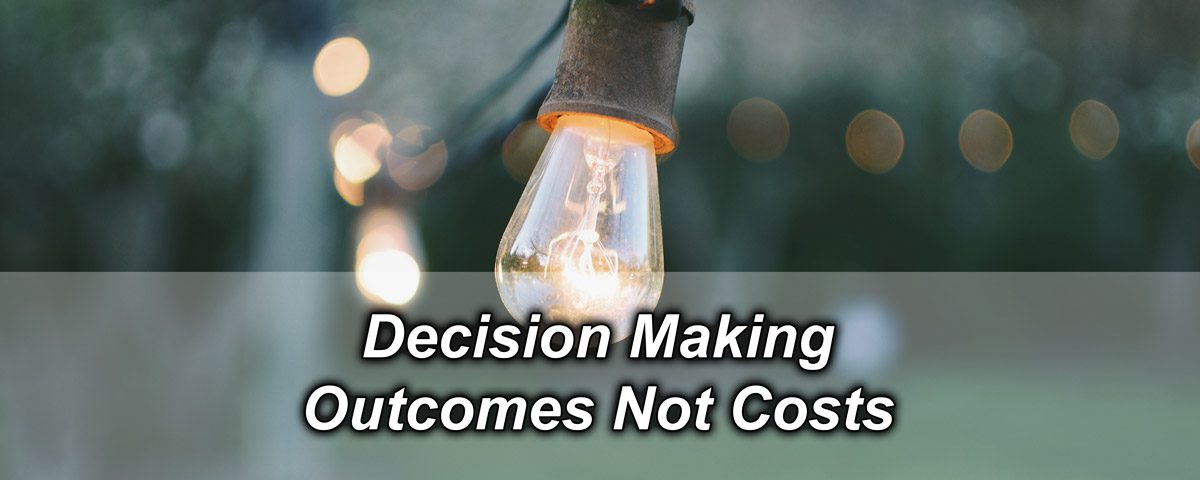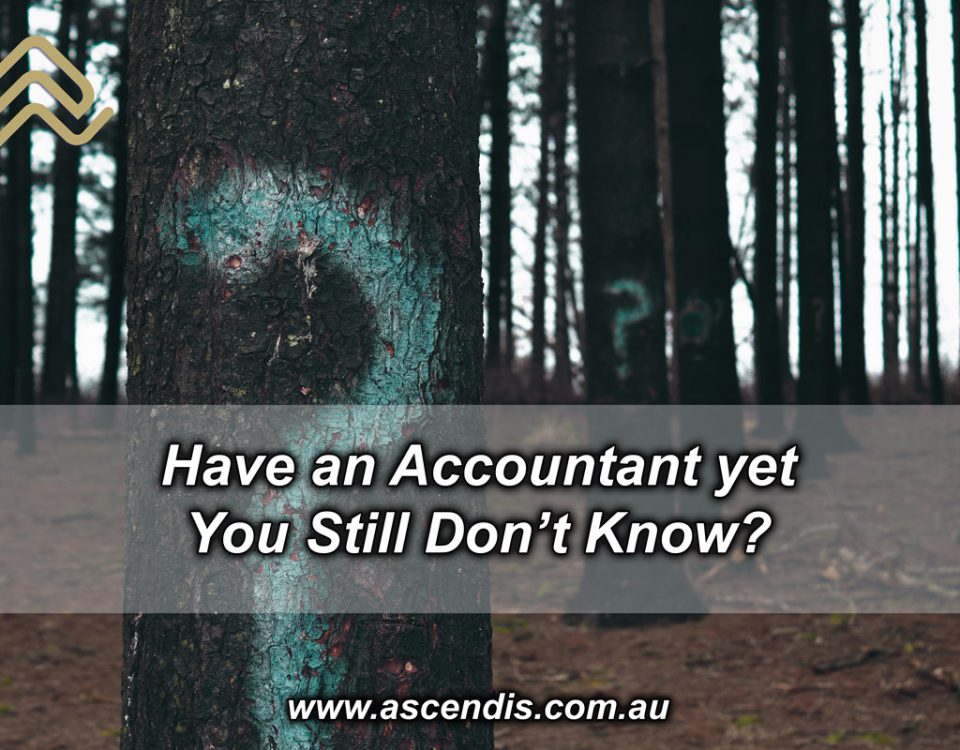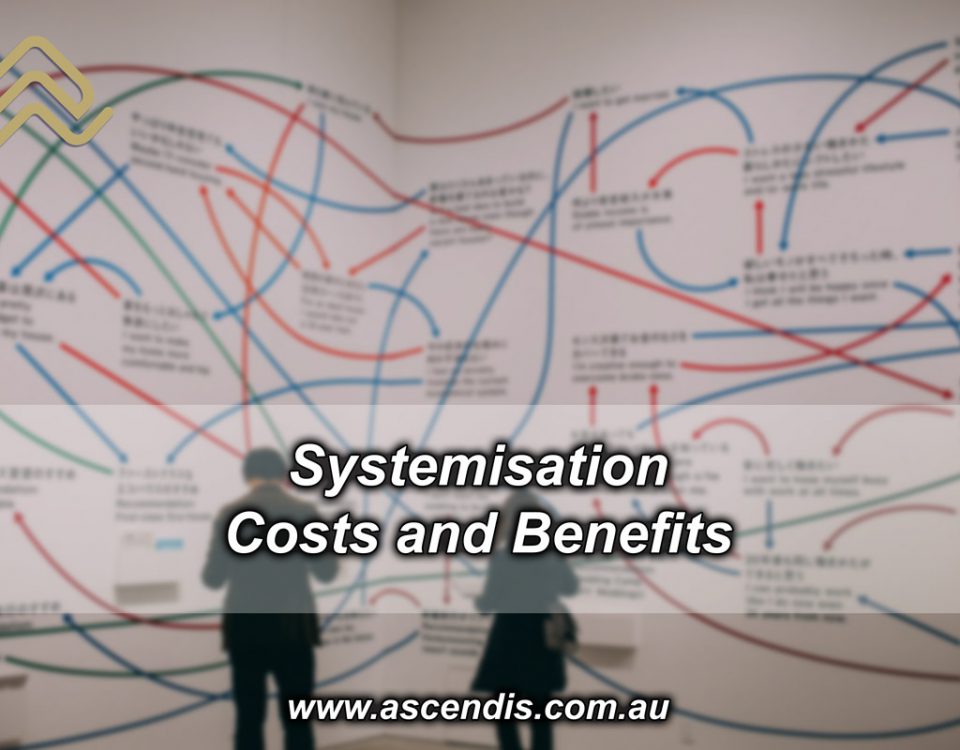Decision Making – Outcomes not Costs

Make Your Financial Management Move Now
9 June 2019
No Rates – Pay the Value for You
17 December 2019
When considering undertaking services for your business it's important to give thought to your decision making process.
How do you decide whether or not to take on a service or bring in a contractor?
Recently we had a client, someone we've worked with on and off for some years, demonstrate very poor decision making. Now this client is quite successful, having gone from an annual revenue of some $4M to over $12M in a few years. We know they get many things right.
How much more successful might they be when making better decisions?
This particular client gave no attention to outcomes. No consideration to actual needs but focused on the idea he'd want us helping 1 to 2 days each week, for no specific reason. Now in the first 2 days of this we achieved so much, results in areas that improved his staff efficiency and resolved pricing issues his CFO, tax accountants, software developers and staff had been unable to solve in the previous months. Further to this, with looking at his product costings he was subject to certain risks such as exchange rates. Our work, without prompting, introduced ways of managing this risk that he'd never had before.
Why would someone ignore outcomes when making such decisions?
It confuses us too but still happens regularly in business. For this client, it seems like control and ego play a significant factor. It was time he looked at and wanted control of, not solutions for problems he was facing. Even in conversation he couldn't get past the idea of ignoring the thought of 1 to 2 days each week but what issues could be tackled, even if that meant 1 or 2 days in a month.
In the past when we provided a bookkeeping service only too often was the business decision based on an hourly rate. The speed and level of service were all but ignored and rarely formed a significant part of the decision making. Something like hourly rates aren't even the actual cost. They're only as good as the time that is taken and it can be painful watching services take twice as long, contain more errors but be acceptable because a lower hourly rate is charged.
What can one do about it?
Whether it's control and ego or fear of looking deeper into it, your business will benefit when you look at the value of outcomes for the costs. Deciding on cost alone is taking a gamble. Consider what the outcomes are, short and long term and how they fit with your business plan and strategy. If the outcomes aren't of enough value, then either your problems aren't big enough or you're not ready to take on the service.




